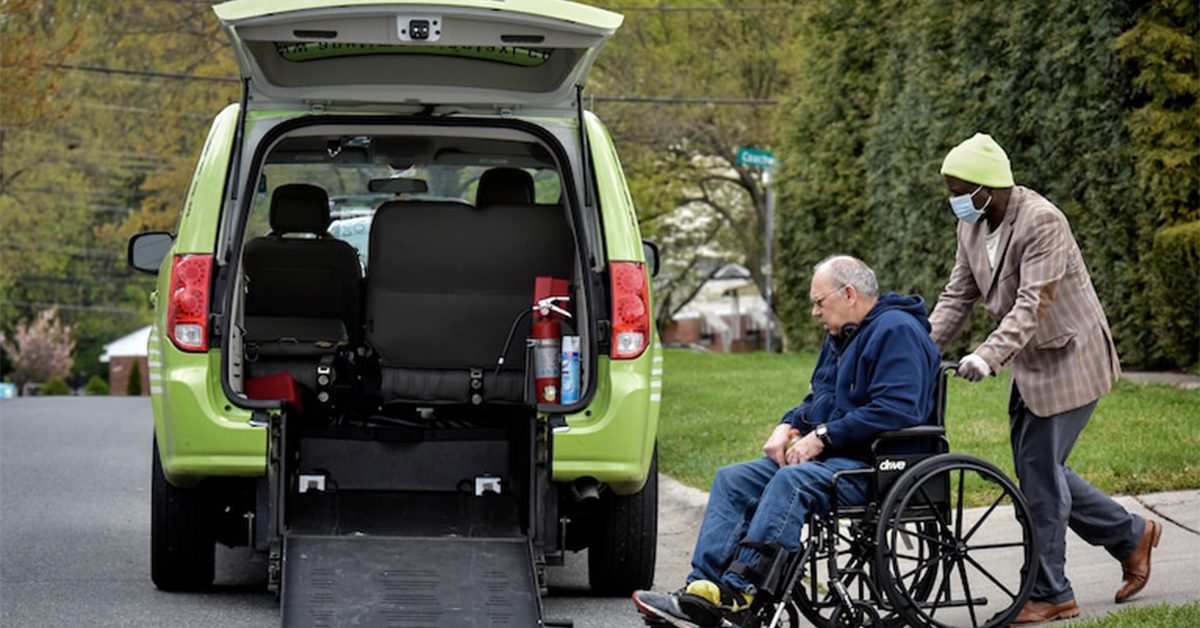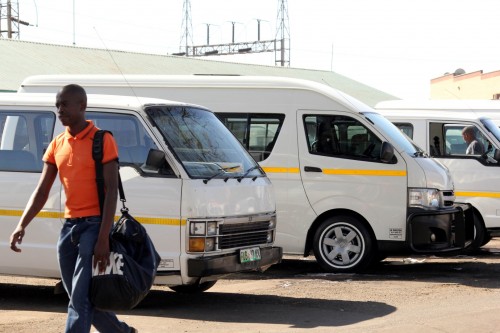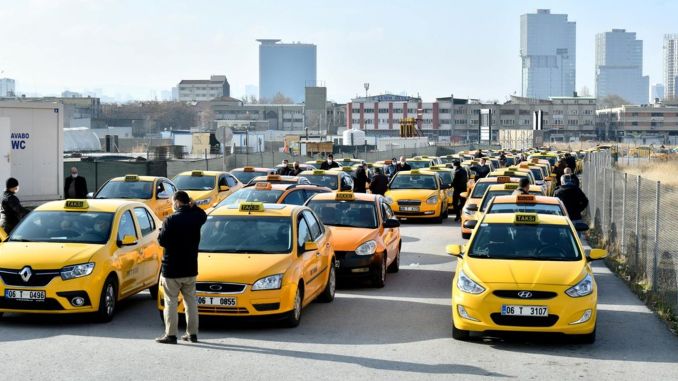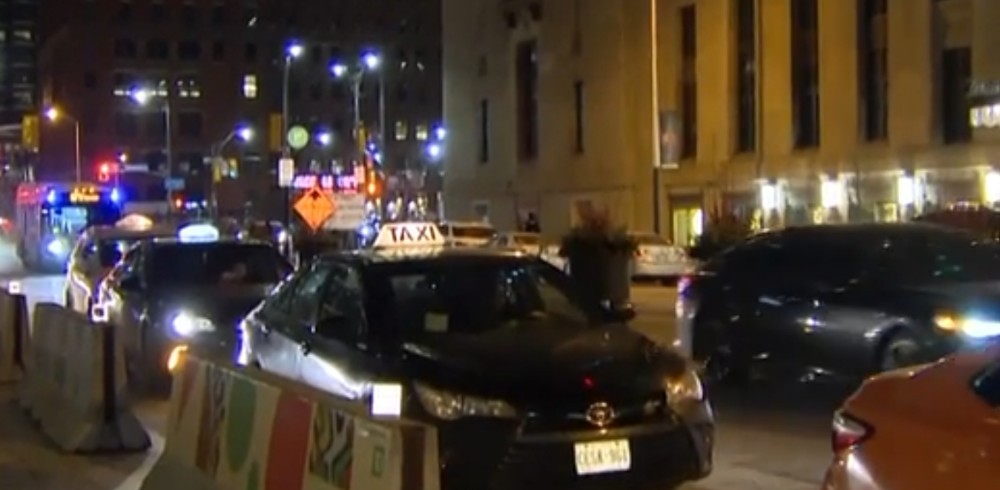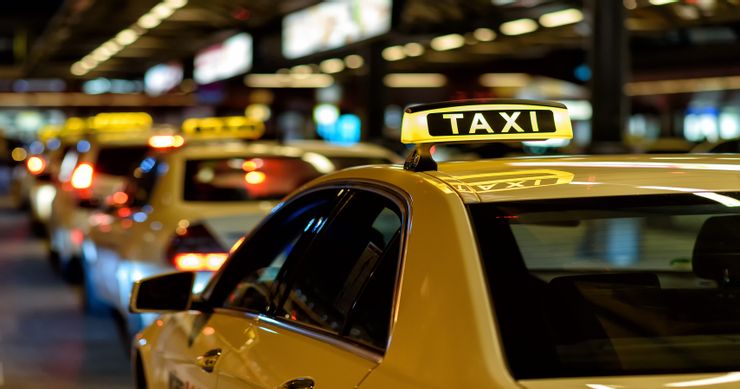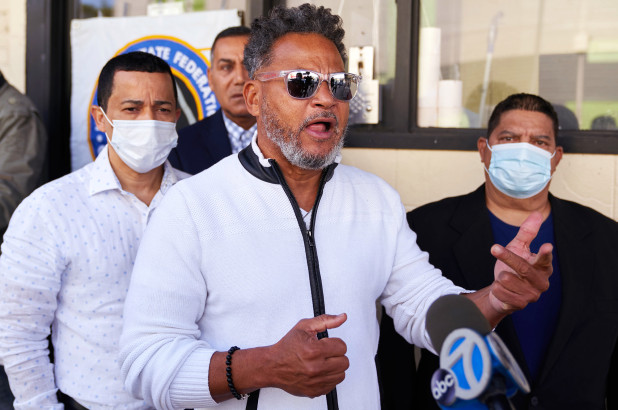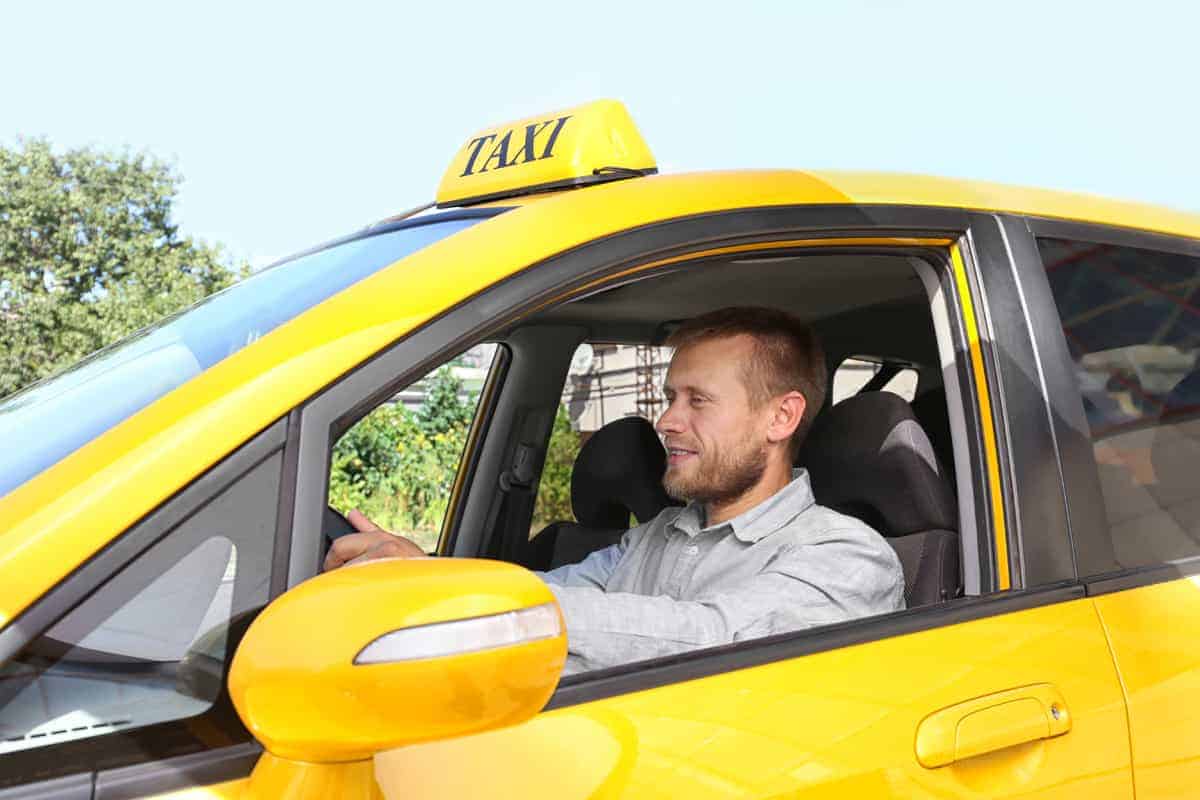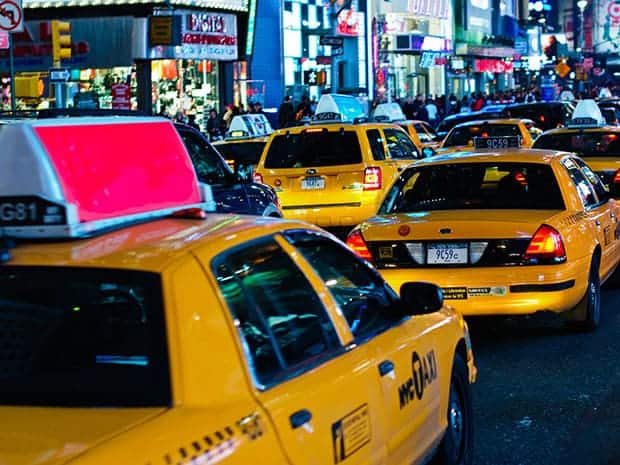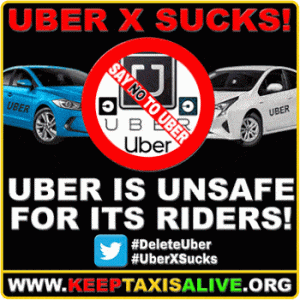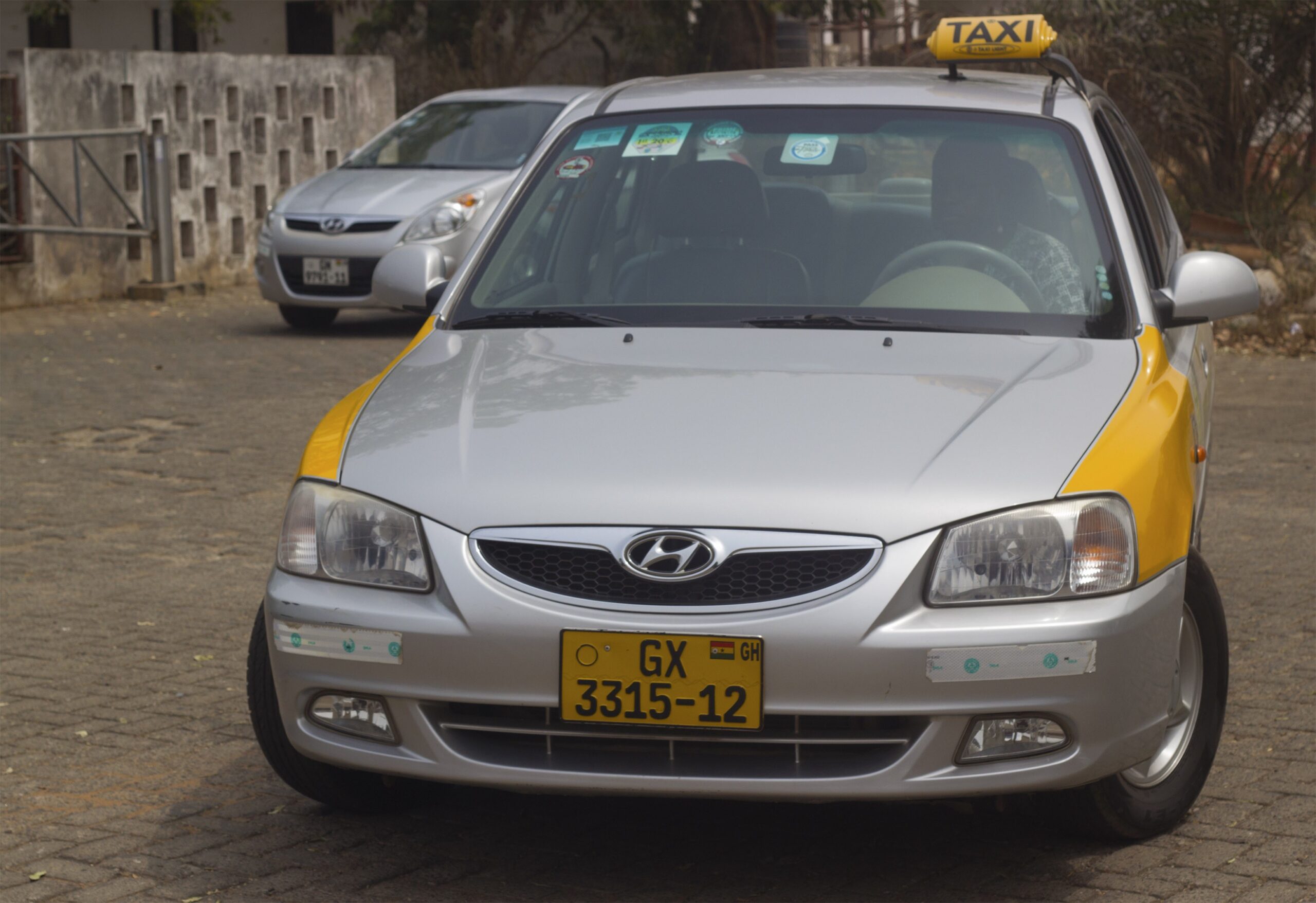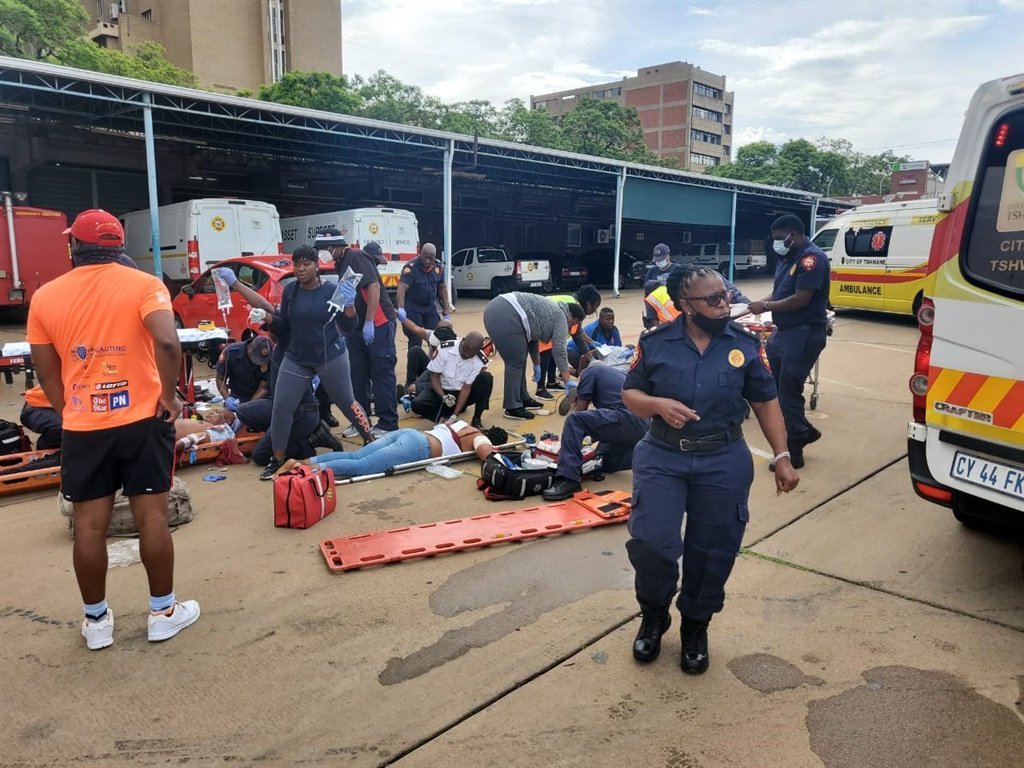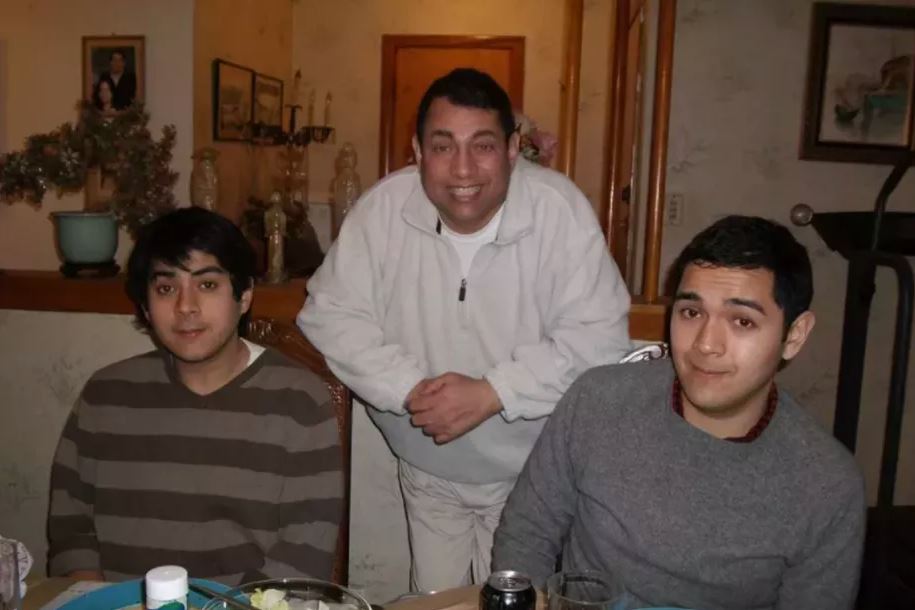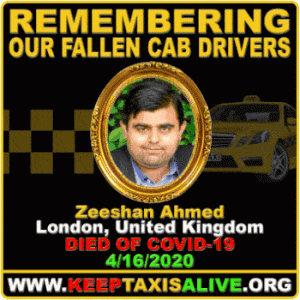Washington, D.C. – The coronavirus pandemic and the Washington region’s stay-at-home orders have brought an end to the good times when Traore made up to 15 trips a day and $300 or more in fares.
He picks up a fare or two a day now, typically to and from one of the area’s medical facilities.
“If you get $50 [a day], you are lucky,” said Traore, 53, of Silver Spring.
The pandemic has been a blow to cabbies all over the region — and nationwide — the latest challenge for an industry already hit hard by disruption in recent years with increased competition from ride-hail services such as Uber and Lyft.
Taxi trips have dropped by as much as 90 percent in the region, according to data from regulators and companies, leaving thousands of drivers jobless. Those like Traore, who are still hanging on, risk exposure to the novel coronavirus and are surviving mostly on government-subsidized fares.
During the day, when the streets are eerily empty, they are ferrying the elderly or people with disabilities to medical appointments and delivering meals to seniors unable to visit closed community centers. At night, when Metro stops running — earlier than normal because of the pandemic — their customers are mostly hospital employees and other essential workers.
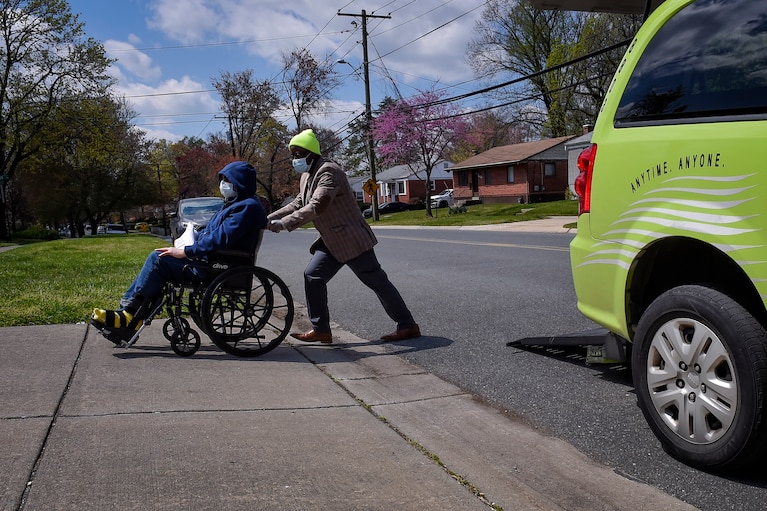
So far, there have not been any reports of covid-19 deaths among taxi drivers in the Washington region, and some local industry leaders said they aren’t aware of any driver who has tested positive. But the stories of transit, ride-share and taxi drivers killed by the virus across the country are concerning.
“These guys are out there in a taxicab and don’t know who they are transporting,” said Roy Spooner, who manages Yellow Cab, one of the largest taxi companies in the District. “They are front-line people, and they don’t have any access to protective gear.”
Just like others in critical jobs, taxi drivers are going store to store trying to find masks, gloves and disinfecting supplies. Given business is down, the extra cost of purchasing cleaning supplies to keep their taxis sanitized has become its own struggle.
“We are essential workers, but it’s like everybody is on their own,” said Traore, who drove to every store he could think of in early March in search of personal protective equipment. Finally, he heard from a friend who heard from a friend that a small ethnic store in Baileys Crossroads in Fairfax County had a small supply of masks and gloves.
No hand sanitizer was available, he recalled, but he was lucky: He already had some Lysol in his 2017 Dodge Caravan.
Taxi drivers have received guidance from local authorities to follow cleaning and safety guidelines provided by the Centers for Disease Control and Prevention. The District has offered some supplies to ensure those drivers providing trips to critical health-care workers can follow the safety guidelines.
Local governments are supplying some business to the drivers through programs that provide transportation for low-income residents, seniors or those with special needs. However, even those trips are down. In Montgomery County, where Traore drives with the small driver-owned taxi cooperative Anytime Taxi, only about 50 percent of the government-subsidized trips are being scheduled.
Taxi drivers, like Uber and Lyft drivers, are considered independent contractors and typically don’t qualify for unemployment benefits. But that changed under provisions of the Cares Act, the $2 trillion coronavirus relief package signed by President Trump last month. Still, workers in the gig economy are reporting problems, delays and confusion when applying for benefits as unemployment services agencies struggle to adapt to new federal guidelines for independent contractors. In Maryland, where Traore works, officials said independent contractors would be able to apply for unemployment benefits starting this past Friday.
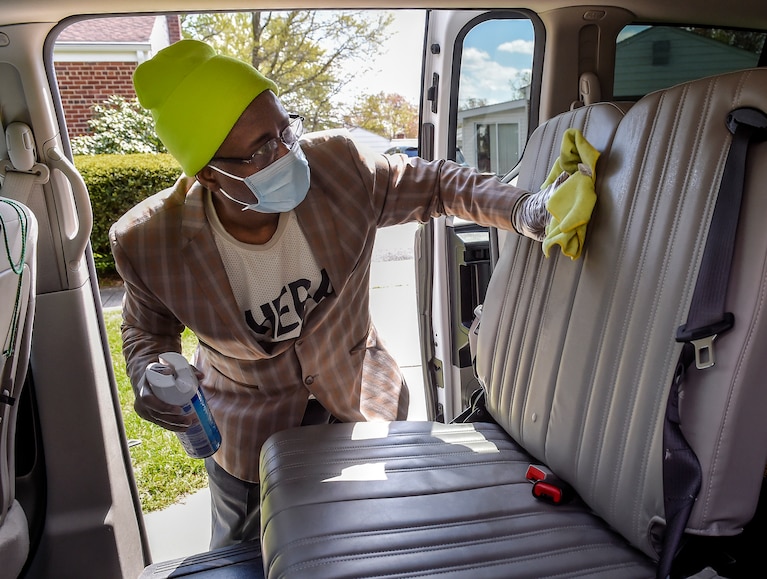
Some companies and drivers have also sought local and federal assistance, but that has turned into another struggle. The federal stimulus package included funding for loans for small businesses and independent contractors, but the program was overrun with applicants and quickly ran out of money. Many complained that much of the money went to large corporations. Congress passed a bill this past week to provide additional funding.
“Our drivers tried to apply, and by the time they were able to, it was too late because all large corporations took out the money,” said John Massoud, vice president of Arlington Blue Top Cabs.
Most of the drivers with Blue Top, which has 136 taxi certificates in Arlington, are out of work, he said.
“The industry is practically shut down,” Massoud said.
In the District, where the period from late March to early April is typically the busiest time of the year, as the city fills with visitors for the National Cherry Blossom Festival, taxi trips have decreased 96 percent, according to the District Department of For-Hire Vehicles. More than 21,500 trips were made on March 11, compared with 914 made on April 12, data shows.
Of the District’s roughly 3,000 active cabs, about 7 percent were in service this month, according to city data.
District cabbies continue to participate in a city program that transports cancer and dialysis patients to treatment and provides grocery shopping trips for others. This month, the city is beginning a service using taxis to transport health-care workers overnight. And now that the senior centers have been closed to help stop the spread of the virus, the city has contracted taxis to deliver more than 2,000 meals to seniors daily.
“We’re trying to support the industry, especially during this time,” said David Do, director of the DFHV, which also has provided drivers with some sanitizing and cleaning supplies. “We want to make sure that all of our drivers are safe and can operate safely.”
Despite the help and guidance, most drivers are staying home because they know there is no work. Others don’t want to risk exposure and bring the virus home to their families.
Traore continues to drive most days, but he has a new routine. Mask and gloves on every trip. Every effort is made, he said, to avoid touching his face.
“You get out, you greet the person, you open the door, they get in,” he said.
You ask the rider to take the seat on the passenger side, so he or she is not directly behind you, he said. You tell them they don’t need to touch the door. You get out and open the door for them to exit, he continued.
“The passenger get out of your car, you get your Lysol, and then you spray the seat, and you protect the next customer,” he said.
It’s more difficult to protect himself. Up until last week, most passengers Traore picked up were not wearing masks. He’s hopeful that new orders in Maryland and the District requiring taxi and ride-share passengers to use face coverings will change that.
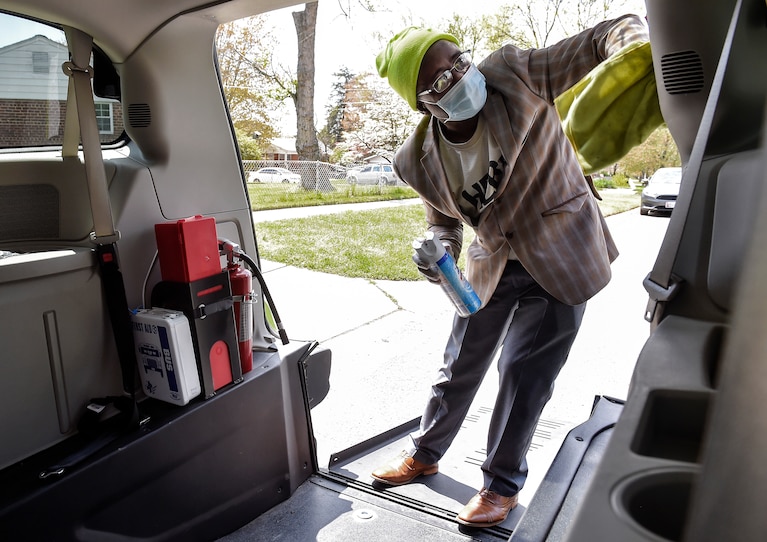
After more than a decade driving in the suburbs of the nation’s capital, Traore knows all about passenger expectations. You treat them with respect and assist them, he said. Even if a person isn’t wearing a mask during a pandemic, you can’t deny them a ride, he said.
A former math teacher from Mali, Traore migrated to the Washington region in 1991 to pursue a career as a computer network administrator. He worked in IT for several years until he was denied vacation time to visit his parents in West Africa.
Becoming a taxi driver was almost a natural transition, he said. Several friends had already made a living driving cabs in an industry that depends largely on the labor of African immigrants. He liked the flexibility of the job, the people he met, and found the money made in those pre-Uber years was better than the salary in his old 9-to-5 job.
“At the end of the week, sometimes you could make $3,000,” he said.
Business slowed and became more difficult after Uber and Lyft entered the scene nearly a decade ago, but Traore found a way to remain relevant. The taxi cooperative that he co-founded five years ago, and that finally took off two years ago, is 100 percent wheelchair accessible. Traore said the Anytime Taxi drivers aren’t competing with Uber or Lyft anymore because their customer base is a growing population of elderly and special needs residents. Many of his calls are to transport people with wheelchairs. He helps them get into his van and buckle up.
On a recent day, he picked up a rider in a wheelchair headed from Rockville to Kaiser Permanente in Gaithersburg. He helped buckle him in. It was a $35 fare. The only trip of the day.
Traore went home to his family, he said, wondering how he could make enough money this month to support his wife, a hotel housekeeper who was laid off last month, and their four children. He thought of the $2,100 rent for their three-bedroom apartment, the weekly $150 fee to the co-op, and the car insurance, phone and Internet bills. The groceries.
Some savings have helped the family so far, and Traore is saving his $2,400 stimulus check to cover next month’s rent. His wife’s unemployment benefits can cover food and other expenses for now. But if business doesn’t improve, he said, he may need to apply for another job.
While he is driving his customers to the region’s medical facilities, concern about being exposed to the virus remains.
“It is in back of your head. You worry about it,” he said. “But the next day, you put your mask on and gloves, and you think maybe you are protected.”
Follow us on our Facebook and Twitter pages for the latest stories, products & updates.
– Source: Luz Lazo – washingtonpost.com


